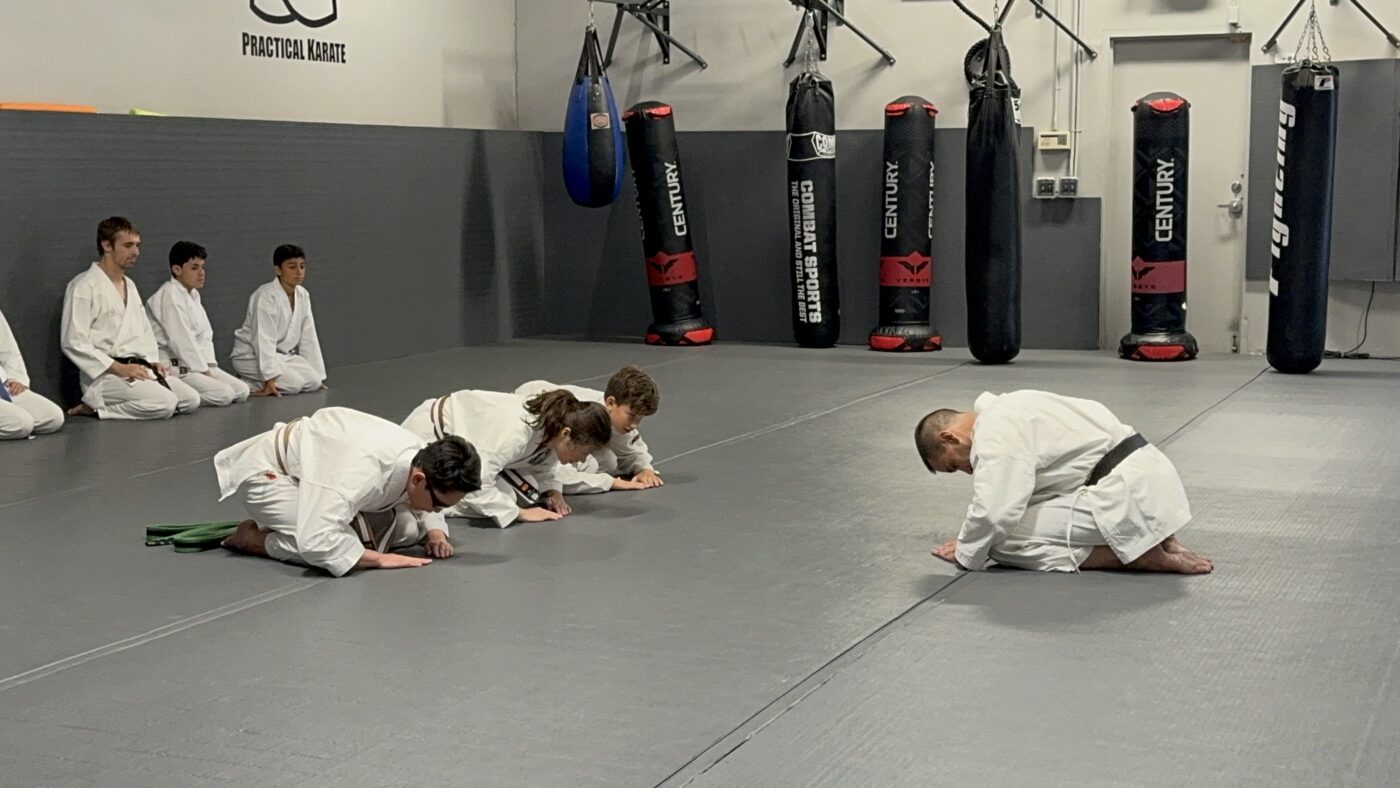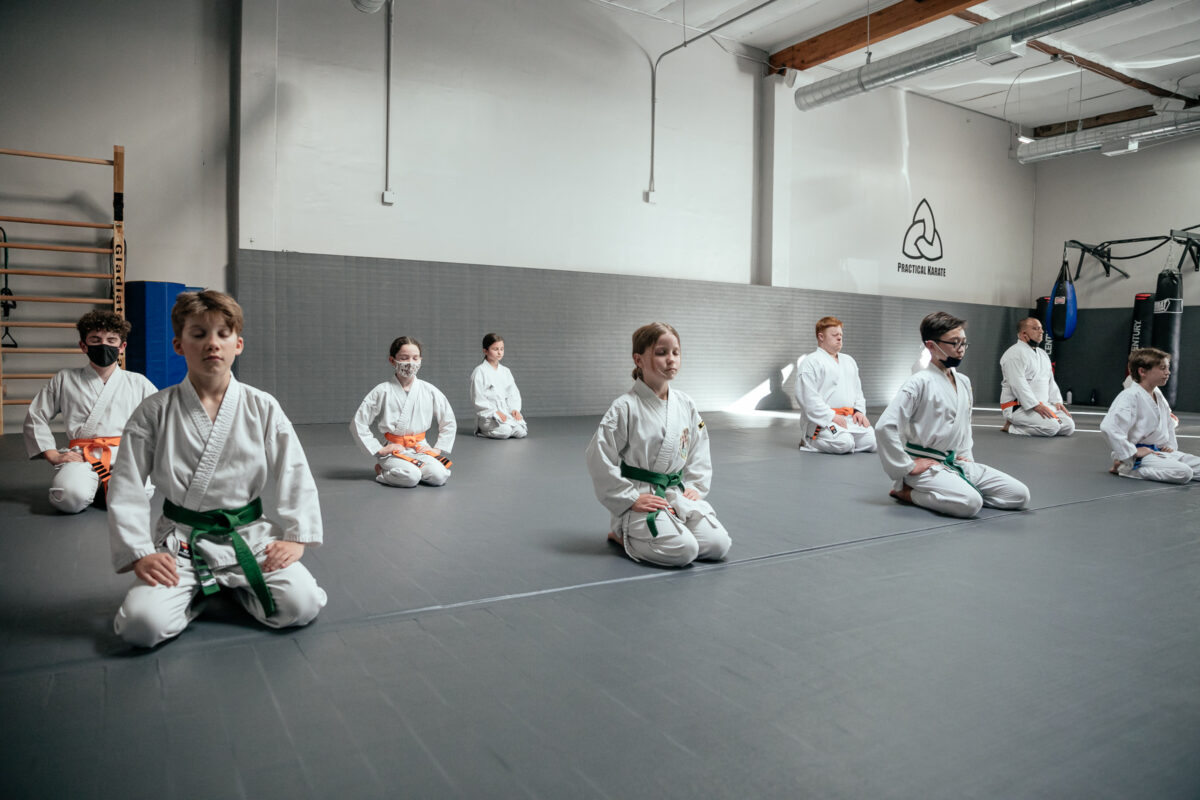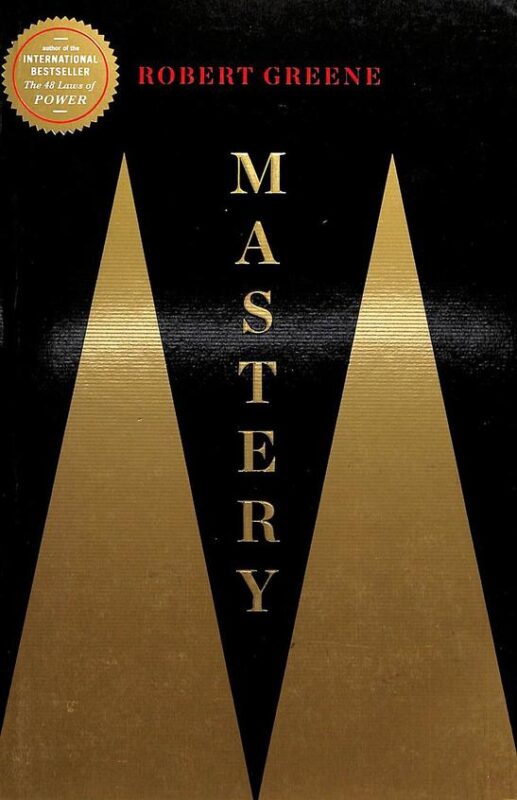practical karate
Robert Greene’s Book Mastery; A Must-Read for Practical Karate Students
Robert Greene’s book Mastery is a must-read for every Practical Karate student. Not only does this book map out the path to success in any endeavor in life, but it also shows the numerous personal benefits to mastering any skill set while you are young. It doesn’t matter what skill set you master as long as you put in the time and effort, so that when you do find your calling in life, you already know the path to mastery and achievement.
Mastery – A Summary of Robert Greene’s Guide to Achieving Excellence
Robert Greene’s Mastery is both a historical survey of the greatest achievers in human history and a practical roadmap for anyone seeking to reach their full potential. Greene argues that “mastery” — the highest level of skill and understanding in any field — is not the result of innate talent or luck, but the outcome of a long, deliberate process that is accessible to anyone willing to commit. By drawing on examples from figures such as Leonardo da Vinci, Charles Darwin, Benjamin Franklin, and modern-day masters, Greene shows that mastery follows a predictable path, one that blends apprenticeship, creative experimentation, and the development of intuitive skill.
The Core Idea: Mastery as a Process
Greene dismantles the myth of the “born genius.” Instead, he emphasizes that mastery emerges from sustained effort over many years, typically through three main stages:
- Apprenticeship – Absorbing the rules, techniques, and fundamentals of a chosen craft.
- Creative-Active Phase – Experimenting, innovating, and finding one’s own voice or style.
- Mastery – Achieving an intuitive, almost effortless command of one’s domain.
The process is not linear and requires persistence, humility, and the ability to overcome inevitable frustrations and failures.

Stage One: Apprenticeship – Laying the Foundation
The first stage of mastery is learning the basics an often unglamorous period of observation, practice, and repetition. Greene compares this to the traditional apprenticeship system of old, where young craftsmen would spend years honing their skills under a master.
Key Lessons in Apprenticeship:
- Embrace Being a Beginner: Avoid the trap of wanting quick recognition. Accept that initial work may be tedious; these fundamentals form the backbone of later brilliance.
- Learn from Mentors: A mentor can drastically accelerate progress by providing feedback, pointing out blind spots, and modeling best practices. But the relationship should be active the apprentice must seek out challenges and guidance.
- Focus on Skills Over Status: Early on, it’s more important to gain experience than to worry about titles, pay, or prestige. Greene stresses that impatience is the enemy here. The apprenticeship phase is where the future master builds the deep knowledge base that will later allow creativity to flourish.
Stage Two: The Creative-Active Phase – Making It Your Own
Once the fundamentals are mastered, the next stage is to break free from strict imitation and start innovating. This is where the individual begins to merge technical skill with personal insight, creating something unique.
- Key Lessons in the Creative-Active Phase:
Experiment Relentlessly: Trial and error is not a sign of incompetence but the path to discovery. Failures are learning tools, not setbacks. - Synthesize Knowledge: Draw ideas from multiple disciplines. Many historical masters excelled because they cross-pollinated concepts from different fields.
- Push Against the Edges: Mastery requires risk-taking — testing boundaries, trying unconventional methods, and challenging established norms.
At this stage, Greene warns against complacency. While it is tempting to rest on competence, the goal is to push further, continually refining one’s craft.

Stage Three: Mastery – Intuition and Flow
In the final stage, the master moves beyond conscious effort. Skills have been internalized so deeply that decision-making becomes intuitive and fluid. Greene describes this as “high-level intuition” — the ability to sense patterns, foresee outcomes, and act with almost instinctive precision.
Key Traits of the Master:
- Effortless Execution: Years of practice make the complex seem simple.
- Heightened Perception: Masters notice subtleties that escape others an almost “sixth sense” for their field.
- Creative Freedom: Freed from rigid rules, the master can improvise, innovate, and express themselves without constraint.
Greene notes that mastery is not static. The true master remains a lifelong learner, continually expanding their knowledge and skills.
Obstacles on the Path to Mastery
Greene devotes significant attention to the mental and emotional challenges along the way. Common pitfalls include:
- Impatience: Wanting rapid results leads to shallow learning.
- Complacency: Settling for competence instead of striving for deeper skill.
- Rigidity: Refusing to adapt to new information or methods.
- Ego and Insecurity: Either arrogance or self-doubt can derail progress.
To overcome these, Greene encourages humility, curiosity, and persistence qualities that keep the learner open to growth.
The Role of Social Intelligence
Mastery is not just technical; it also requires navigating the human side of work. Greene calls this “social intelligence” — understanding the motivations, emotions, and behaviors of others.
Social Intelligence Skills
- Reading People Accurately: Spotting hidden agendas or emotional cues.
- Avoiding Unnecessary Conflicts: Focusing energy on the work, not petty disputes.
- Building Alliances: Leveraging relationships to gain knowledge, resources, and opportunities.
Many historical figures failed not from lack of skill, but from political missteps or strained relationships. Masters who endure learn to balance independence with diplomacy.
The Power of Mentors
While self-reliance is important, mentors serve as invaluable accelerators of growth. Greene outlines how to find and learn from them:
- Choose mentors who challenge, not flatter.
- Absorb their methods, but avoid becoming a mere copy.
- Eventually, move beyond the mentor’s influence to develop your own style.
Greene emphasizes that mentorship is most fruitful when the apprentice actively seeks feedback and takes responsibility for their own learning.
The Apprenticeship Mindset in the Modern World
Greene acknowledges that traditional apprenticeships are rare today, but the mindset still applies. In a world of constant distractions and rapid change, the ability to focus deeply on skill-building is more valuable than ever.
He also warns against the lure of “shortcuts” — quick tips, hacks, or superficial expertise. These may create the illusion of progress but fail to produce the deep, adaptable skill set needed for true mastery.
Case Studies of Masters
Throughout the book, Greene weaves in stories from history and modern life:
- Leonardo da Vinci: His relentless observation and sketching habits allowed him to merge art and science seamlessly.
- Charles Darwin: Years of meticulous study of plants and animals prepared him to develop the theory of evolution.
- Benjamin Franklin: He crafted his own education by reading voraciously, imitating great writers, and experimenting with new ideas.
- Freddie Roach (boxing trainer): His hands-on approach and long hours in the gym exemplify the dedication needed to teach and refine skills at the highest level.
- These examples reinforce Greene’s argument: mastery comes not from flashes of inspiration, but from sustained effort over time.
The Final Message
Greene’s Mastery is both a challenge and an encouragement. The challenge: there are no shortcuts, and the journey requires years of dedication. The encouragement: mastery is attainable for anyone willing to follow the path.
The steps are clear
- Choose a field aligned with your deepest interests.
- Commit to a long apprenticeship, focusing on learning over immediate rewards.
- Transition to creative experimentation, pushing boundaries and developing your unique approach.
- Achieve intuitive mastery through persistence, adaptability, and lifelong learning.
- In a world obsessed with speed and instant results, Greene’s message is refreshingly timeless.
- “The future belongs to those who learn more skills and combine them in creative ways.”
- Mastery is a reminder that greatness is not born — it is forged, patiently, through the deliberate pursuit of excellence.


